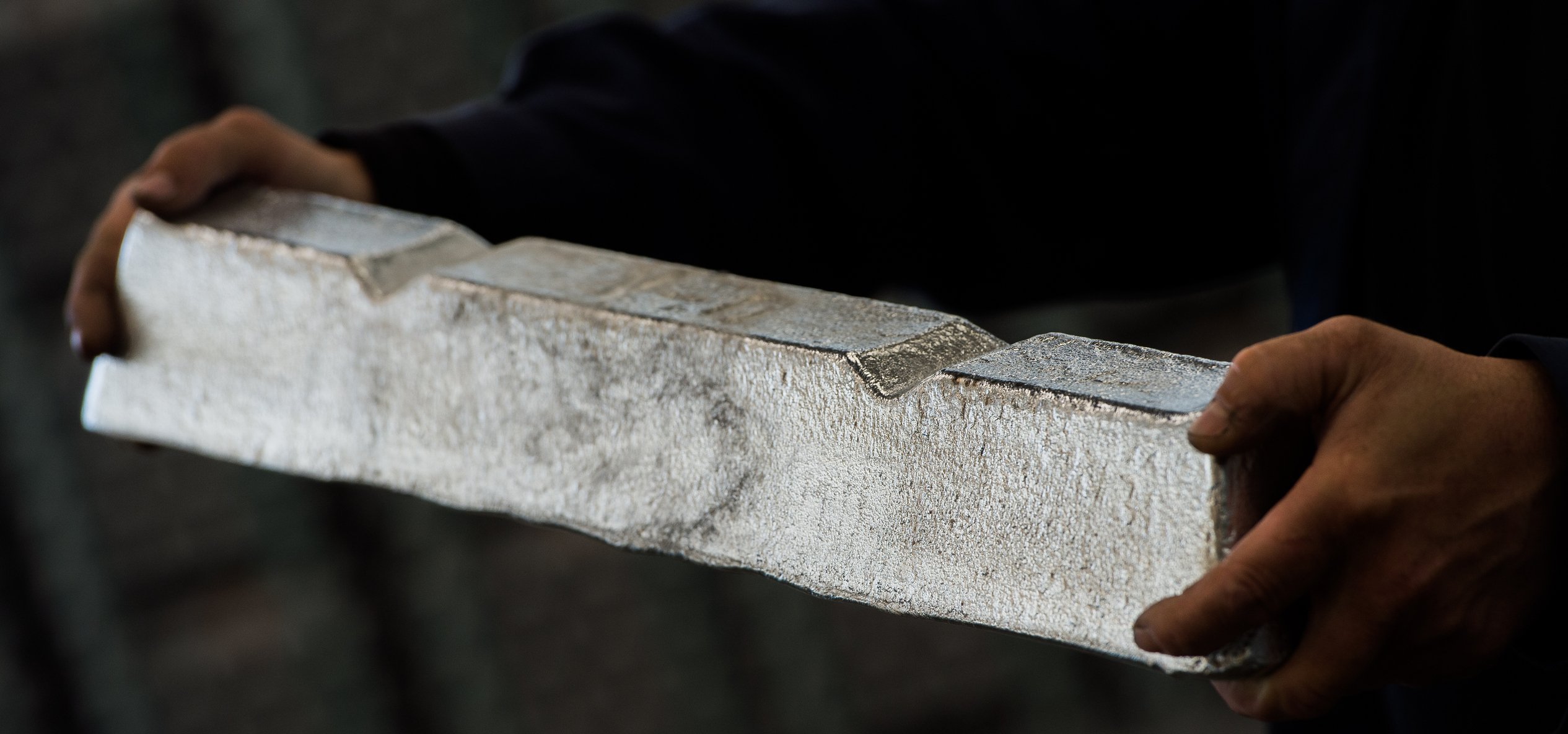
A prolonged drought in Brazil is turning into a pretty profitable situation for Alcoa (AA +0.00%). According to a recent article in the Financial Times, instead of making aluminum the company is cutting its production in the country. That's freeing up electricity from its power plants, which Alcoa is then selling into Brazil's struggling power market.
Drying out the power market
Brazil has endured a really dry year as January ranked as one of the hottest and driest on record. That's causing a big problem for the country's hydroelectric plants. Canadian asset manager Brookfield Asset Management (BAM +0.46%), which owns hydroelectric power plants in Brazil, noted that the exceptionally hot and dry summer is leading to reductions in the total reservoir levels. This is causing electricity prices to regularly reach their daily cap.

Photo credit: Flickr/Ontario Power Generation
According to Brazil's national electricity operator, reservoir levels are currently at just 38% of capacity. That's a big problem for a country that generates 70% of its electricity from hydropower. If reservoir levels continue to drop it is estimated that power supplies could drop by 6%. That will only exacerbate the problem for a country that has already experienced a blackout that left 6 million people in the dark this past February.
This power struggle, however, is yielding robust results for power providers with uncontracted capacity. For example, Brookfield Asset Management's renewable power segment in Brazil produced 170 GWh more than its long-term average so far this year. That, along with higher electricity prices in the northeastern U.S,. added $35 million to that segment's funds from operations in the quarter. It's a power struggle that's also opening up opportunities for others like Alcoa that have power to spare.
Alcoa's energy trade
Alcoa has reduced its power consumption by suspending 147,000 tonnes of aluminum production, which is about half of its Brazilian production. That production is currently uncompetitive due to the increased costs. It is part of the 28% of worldwide capacity that has been idled since 2007 as Alcoa has focused on its lowest cost production.

Photo credit: Brookfield Brazil
According to the Financial Times article, that is freeing up a lot of Alcoa's surplus power generation as aluminum is such an energy intensive process. The company can now sell its power on the spot market for more than R$822 per MWh, which represents a tidy profit from the R$40 it costs Alcoa to produce power at its generation facilities. It's a unique strategy to profit from Brazil's power struggle, which had been making Alcoa's aluminum production unprofitable.
Investor takeaway
Alcoa has focused a lot of its attention of late on making its operations more profitable. This has included curtailing its production around the world. The company is also working to take advantage of profitable situations within the marketplace, whether that be to produce more aluminum for vehicles or sell its excess power production at a profit. It's a situation that is providing both short-term gains while the company works on a long-term turnaround for its global aluminum operations.






